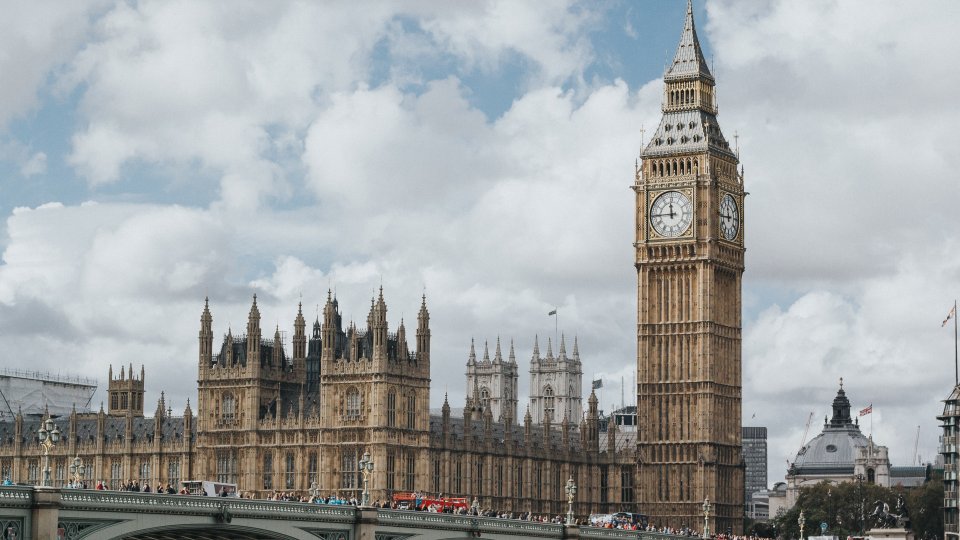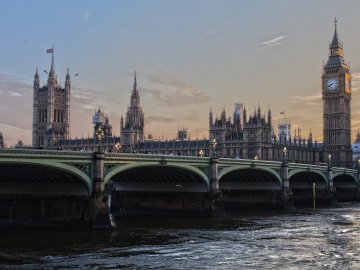The draft online safety bill has been heavily talked about over the past year. In May, the Queen said that the UK would ‘lead the way’ in online safety whilst the draft online safety bill was put forward along with some new proposed laws to tackle harmful content online.
A joint committee of MPs then joined in summer to scrutinise the bill and to make further recommendations for improvement, having until December to put a report forward before it goes to parliament and finalised in 2022. Today, the report on the draft bill has been published with the following recommendations.
New Recommendations Brought Forward
- More clarity around what is illegal online.
- Tech firms must adhere to new laws and fully comply with Ofcom or face penalties.
- Scams such as fraudulent or harmful advertising must be covered within the bill.
- Legal duties for pornography sites to keep children away from accessing sites.
- Cyberflashing and intention to induce seizures from flashing images to those who have photosensitive epilepsy to be made illegal.
- Content that promotes self-harm to be made illegal.
- Providers to create online safety policies for users to agree to.
- Ofcom to write ‘codes of practice’ for service providers and adapt to keep up-to-date with latest features and changes.
- Service providers to record additional threats to safety including ‘the potential harmful impact of algorithms’
- ‘Protections for freedom of expression’ including exemptions for ‘recognised’ news and media
In particular, the ‘report recommends that individual users should be able to make complaints to an ombudsman when platforms fail to comply with the new law’ and directly referred to Report Harmful Content as a suggested model to manage this:
We note with interest South West Grid for Learning’s Report Harmful Content, which offers online users an opportunity to report harmful online content, as well as an impartial dispute resolution service for users who have exhausted a service’s internal complaint procedures. We suggest that the Department look to Report Harmful Content as a potential model for what such an Ombudsman could look like.’ (Draft Online Safety Bill Committee Report)
Damian Collins Chair of the Joint Committee said:
“The Committee were unanimous in their conclusion that we need to call time on the Wild West online. What’s illegal offline should be regulated online. For too long, big tech has gotten away with being the land of the lawless. A lack of regulation online has left too many people vulnerable to abuse, fraud, violence and in some cases even loss of life.
“The Committee has set out recommendations to bring more offences clearly within the scope of the Online Safety Bill, give Ofcom the power in law to set minimum safety standards for the services they will regulate, and to take enforcement action against companies if they don’t comply.
“The era of self-regulation for big tech has come to an end. The companies are clearly responsible for services they have designed and profit from, and need to be held to account for the decisions they make.”
David Wright (Director of UK Safer Internet Centre) said:
'The report on the draft online safety bill has clearly highlighted areas that need improving. It is promising to see that these recommendations are taking into consideration the wider picture of online safety, highlighting issues and concerns that can easily fly under the radar but can bring a lot of impact and consequence if not addressed. It is especially good to see the mention of Report Harmful Content as a suggested model to bringing impartial dispute resolution towards harmful online content. The inclusion of online safety policies for tech firms which can provide much more clarity and protection for users when online is also a welcome step.'
'The UK Safer Internet Centre as well as SWGfL has worked for many years on bringing issues such as these to attention and it is good to see them brought towards parliament for review. These are positive steps towards making the UK a safer place to be online and we look forward to the final publication in 2022.'






